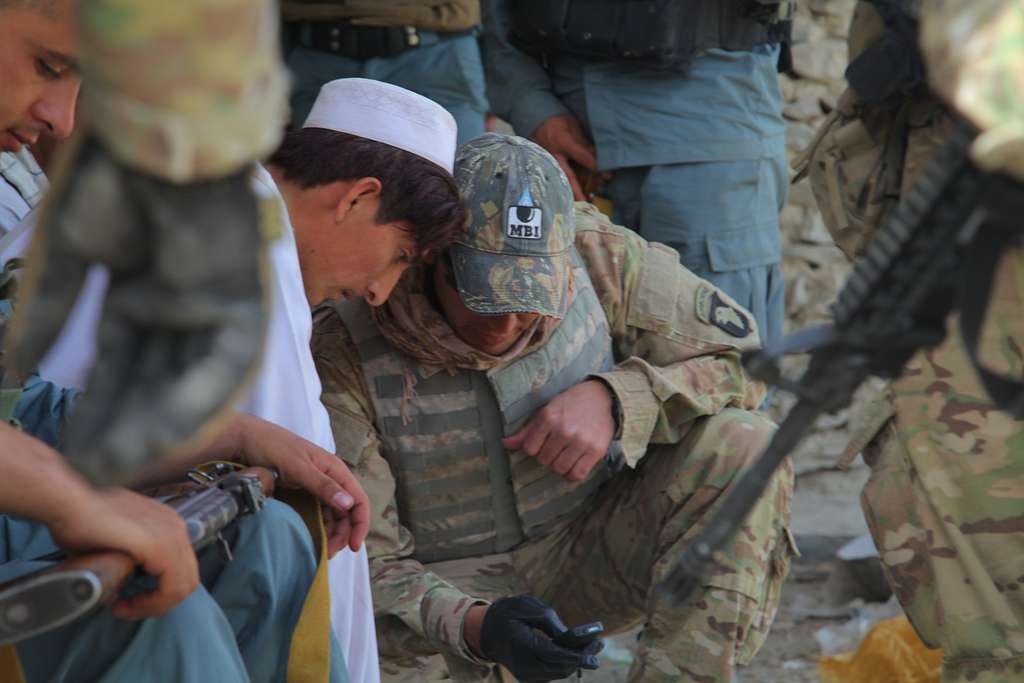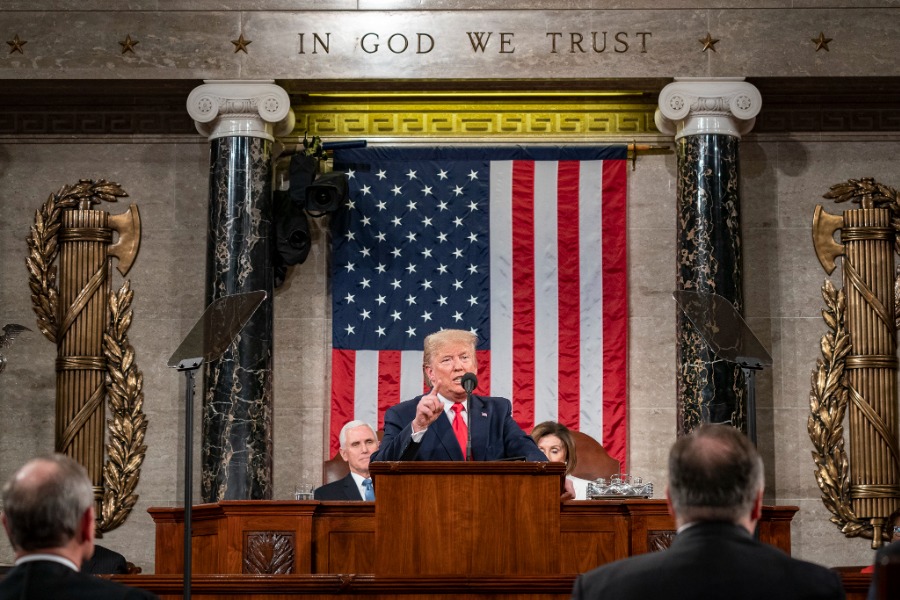President Obama Rejected DOJ and DOD Advice, and Sided with Harold Koh, on War Powers Resolution
Published by The Lawfare Institute
in Cooperation With

Charlie Savage has the amazing story that President Obama “rejected the views of top lawyers at the Pentagon and the Justice Department when he decided that he had the legal authority to continue American military participation in the air war in Libya without Congressional authorization.” The Acting head of the Office of Legal Counsel, Caroline Krass, and the General Counsel of the Department of Defense, Jeh Johnson, advised the President that military activities in Libya constituted “hostilities” under the War Powers Resolution and thus Section 5(b) of the WPR required him to terminate or scale back the mission after May 20. The President – himself a lawyer – rejected this advice and instead sided with the White House Counsel, Robert Bauer, and the State Department Legal Advisor, Harold Koh, who argued that the actions in Libya fell short of “hostilities” and thus did not implicate Section 5(b)’s termination provisions. There are many things to say about this but here are a few quick reactions.
As Savage notes, the President has the authority under Article II to make legal determinations for the Executive branch. The process by which he reached this decision, however, was very unusual. The typical (and in my view best) process is for OLC to solicit the views of interested agencies and then offer its interpretation in a written opinion; then the President can, if he wishes, reject that considered OLC interpretation based on his independent judgment. This process has the virtue of placing the presumptive legal decision in the office – OLC – that is institutionally best suited to provide relatively detached legal advice to the President as well as the advice most consonant with Executive branch precedents and traditions. (I am not naïve about how detached OLC is, nor do I think it should be entirely detached; my complex views on this issue are laid out in The Terror Presidency and are summarized on pp. 195-97 of this essay.) OLC is also the government’s institutional expert on interpretations of the WPR. And it has not, traditionally, taken a narrow view of the WPR.
In the Libya decision, however, the typical process was not followed. As Savage explains:
The administration followed an unusual process in developing its position. Traditionally, the Office of Legal Counsel solicits views from different agencies and then decides what the best interpretation of the law is. The attorney general or the president can overrule its views, but rarely do. In this case, however, Ms. Krass was asked to submit the Office of Legal Counsel’s thoughts in a less formal way to the White House, along with the views of lawyers at other agencies. After several meetings and phone calls, the rival legal analyses were submitted to Mr. Obama, who is a constitutional lawyer, and he made the decision.
This is not a process designed to produce a sound legal decision. (In the NYT story, former OLC chief Walter Dellinger makes a similar point.) When the President effectively decides the legal question in the first instance based on the input of interested agencies, his legal judgment is inevitably skewed a great deal by wanting to uphold his policy. OLC (and any executive branch lawyer) faces this danger to some degree, but the danger is less pronounced when the initial decision is made in a relatively independent legal office in DOJ as compared to the Oval Office. And indeed in this instance, for reasons I explained here, the best reading of the law was clearly the one that OLC (and DOD) apparently gave the President.
It is interesting and unusual enough that President Obama, of all people, would take an aggressive view of his war authorities and interpret the WPR very narrowly. But the lawyers he relied on to reach this conclusion make the situation even more interesting and unusual. I discount the legal input of the White House Counsel; Bob Bauer is a smart man but neither he nor his office is expert in war powers or situated to offer thorough legal advice on the issue. Legal Advisor Harold Koh, by contrast, spent his entire academic career studying and writing about presidential war powers, including the WPR. Based on this academic record, one would not have expected Koh to push an unusually narrow interpretation of the WPR. Nor would one have expected him to have supported the original constitutional justification for unilateral presidential intervention in Libya. To get a flavor of what one might have expected, consider what Koh’s former colleague Bruce Ackerman said in support of his nomination to lead State-L:
This is the real importance of the Koh nomination. President Obama has selected one of the few lawyers who probed deeply into the constitutional implications of presidential unilateralism and how it might be controlled. Koh would be taking his position as legal adviser at one of the rare moments when it might be politically possible to consider a National Security Charter that aims to restore an effective system of checks and balances.
This is not how things have worked out. One wonders why. One possibility is that Koh has a client, the Secretary of State, who is committed to the Libya intervention, and he is serving his client faithfully. Another possibility is that Koh’s commitments to humanitarian intervention and the “responsibility to protect” outweigh his commitment to his academic vision of presidential war powers. I certainly do not believe that Koh’s academic views should control his advice and judgment during his government service. Nor do I think that his academic writings addressed the precise issue under the WPR that he is now advocating in the government. But for a quarter century before heading up State-L, Koh was the leading and most vocal academic critic of presidential unilateralism in war, and a tireless advocate for institutional cooperation between the political branches in war decisions. I am thus genuinely surprised, as many people are, by his current stance.
This episode makes me wonder how all of this is being taken by the U.S. military. It must be strange to many involved in Operation Odyssey Dawn to be told that not only are they not involved in “war,” they are not even involved in “hostilities.” A midshipman at the Naval Academy wrote to cto say, in light of the original unilateral resort to force in Libya, that he wondered whether the soldiers fighting in Libya “are breaking their oath to obey only legal orders.” I think this is a large overreaction to the initial use of force. And despite my views of the WPR here, I do not think that disobedience would be a proper reaction to the President’s decision under the WPR. The President gets to make the call and his decision is not so far out of bounds to warrant disobedience. But it cannot be pleasant for the men and women involved in this “kinetic military action” to know that the Defense Department General Counsel and the head of OLC think the intervention in Libya as currently executed is unlawful.
Update: Jack Balkin makes similar but more amplified points about the importance of process here.




.jpg?sfvrsn=6cdd11de_5)
